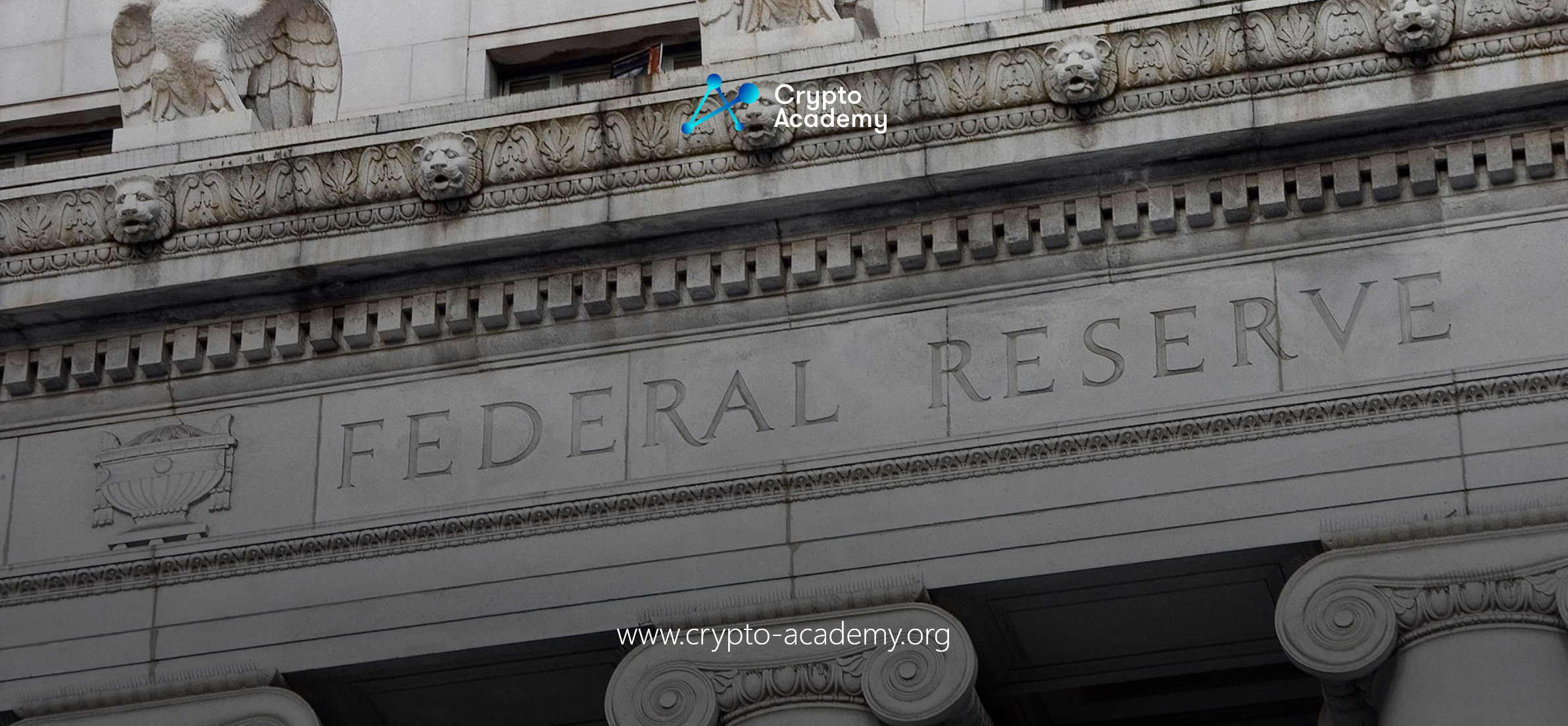US court denies Custodia Bank’s Federal Reserve account request, bank considers appeal options.
In a significant development for the banking and cryptocurrency industries, the United States district court has decided against Custodia Bank in its quest for a Federal Reserve master account. This decision also includes the dismissal of the bank’s request for a declaratory judgment. Despite this setback, Custodia Bank remains determined, with plans to review the court’s decision thoroughly and consider an appeal.
Custodia Bank, a pioneer in digital asset banking, has been in a legal tussle to secure a Federal Reserve master account. Such an account is crucial for banks, acting as a direct link to the Federal Reserve’s payment systems. Custodia’s argument hinged on the claim that lacking this account places it at a competitive disadvantage, unable to offer comparable custodial services for cryptocurrencies as its counterparts.
Further Details
Judge Scott Skavdahl of the United States District Court of Wyoming, on March 29, ruled against Custodia’s application. This decision underscores the challenges digital asset banks face in integrating with traditional banking systems. Custodia had submitted its application for the master account back in October 2020, aiming to gain access to the Fedwire network, which saw over 193 million transactions last year.
The Federal Reserve had previously denied Custodia’s membership application in January 2023. The rejection pointed to the bank’s crypto activities as being incompatible with legal requirements. This ruling highlights the ongoing friction between the evolving cryptocurrency sector and established financial regulations.
Custodia Bank was among the first in Wyoming to receive designation as a Special Purpose Depository Institution (SPDI). These institutions, also known as “blockchain banks,” were established to support businesses involved in cryptocurrency, which often struggle to secure services from banks insured by the Federal Deposit Insurance Corporation (FDIC).

